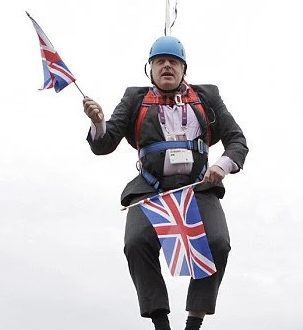Tony Woodley of the TGWU makes some important points about the Morecambe Bay tragedy.
There are respectable providers of labour for seasonal work in agriculture, but pay and conditions are undermined by rogue employers, “gangmasters” in the appropriately Victorian parlance, who find even the very limited protections afforded by British employment law too burdensome.
The poor Chinese cockle pickers are the tip of an enormous iceberg of migrant labour working in many sectors of the economy, in all parts of the country. In Norfolk, gang workers were paid just £3 to cut 1,000 daffodils. In Cambridgeshire, workers were forced to live in partitioned containers with no water supply – and were deducted up to £80 a week rent from their meagre earnings for the privilege. In a fish processing plant in Scotland, gang workers were found working 12-hour shifts, seven days a week, for less than the minimum wage.
It is a system that preys on the vulnerable. In the Midlands, a gang worker was charged £600 by a gangmaster for documentation that was never provided. Such employers also cheat the taxpayer, of course. During 2002-03, the Inland Revenue recouped more than £4m in unpaid tax and national insurance contributions from gangmasters in the Thames Valley area.
The British labour movement has a responsibility to tackle this crisis. If we do not reach out to the super-exploited, then who will? But that demands a change of culture and priorities. My top priority is to turn the TGWU into an organising union once more, offering a home to everyone facing injustice at work. There needs to be a massive shift in resources towards recruitment, tackling the anti-union employer and bring millions of often low-paid unorganised workers – wherever they come from – under union protection.
But government must act, too. It is unacceptable that unscrupulous, illegal operators can treat human beings in this way without any fear of intervention by the authorities. No one can be sure how many gangmasters operate in the British economy, but it could be as many as 3,000. Left unchecked, the number will most likely grow with the eastward expansion of the European Union. Lax UK law is encouraging this exploitation at present.
Its an international problem of course with the trade in human traffic being run by mafiosi who are nowhere to be seen when the rusting ships sink or the containers suffocate their ‘passengers’.
It is as Woodley says the exploititive underbelly of globalisation and not so far away from the old slave trade.


